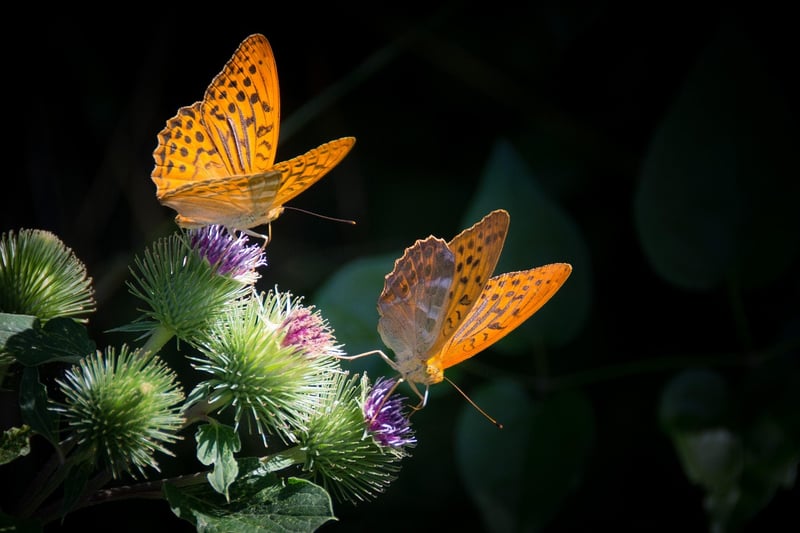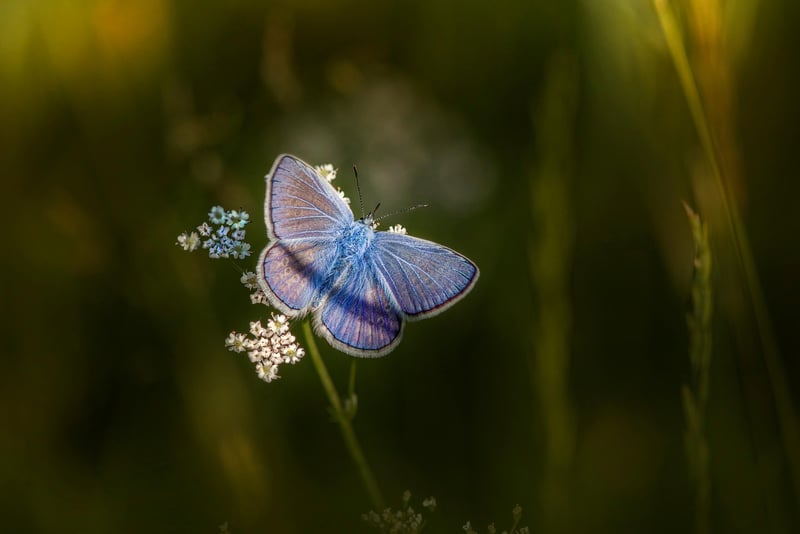Butterfly Habitats
Creating Habitats for Urban Fauna
Introduction
Urban areas often lack natural habitats for wildlife, but as global awareness of environmental issues grows, creating spaces for urban fauna has become increasingly important. By making small changes in our urban landscapes, we can help support local wildlife populations and promote biodiversity.
Benefits of Urban Wildlife Habitats
Creating habitats for urban fauna offers numerous benefits:
- Supporting local biodiversity
- Providing refuge for wildlife
- Improving pollination and pest control
- Enhancing the overall urban ecosystem
How to Create Urban Wildlife Habitats
Here are some simple ways to create habitats for urban fauna:
- Plant native species in gardens and green spaces
- Install bird feeders and birdhouses
- Set up bee hotels and insect shelters
- Leave out water sources like birdbaths or small ponds
- Create brush piles for small mammals and insects
Butterfly Habitats
Butterflies are not only beautiful but also important pollinators. Creating butterfly habitats in urban areas can help support their populations. Here are some tips for attracting butterflies:
- Plant nectar-rich flowers like lavender, milkweed, and coneflower
- Include host plants for caterpillars such as dill, fennel, and parsley
- Provide sunny, sheltered spots for basking
- Avoid using pesticides in your garden
Conclusion
Creating habitats for urban fauna, including butterflies, is a rewarding way to connect with nature and support local wildlife. By making small changes in our urban environments, we can make a big impact on biodiversity and create a more sustainable future for all living creatures.

Get inspired to create your own urban wildlife habitats and make a difference in your community!
